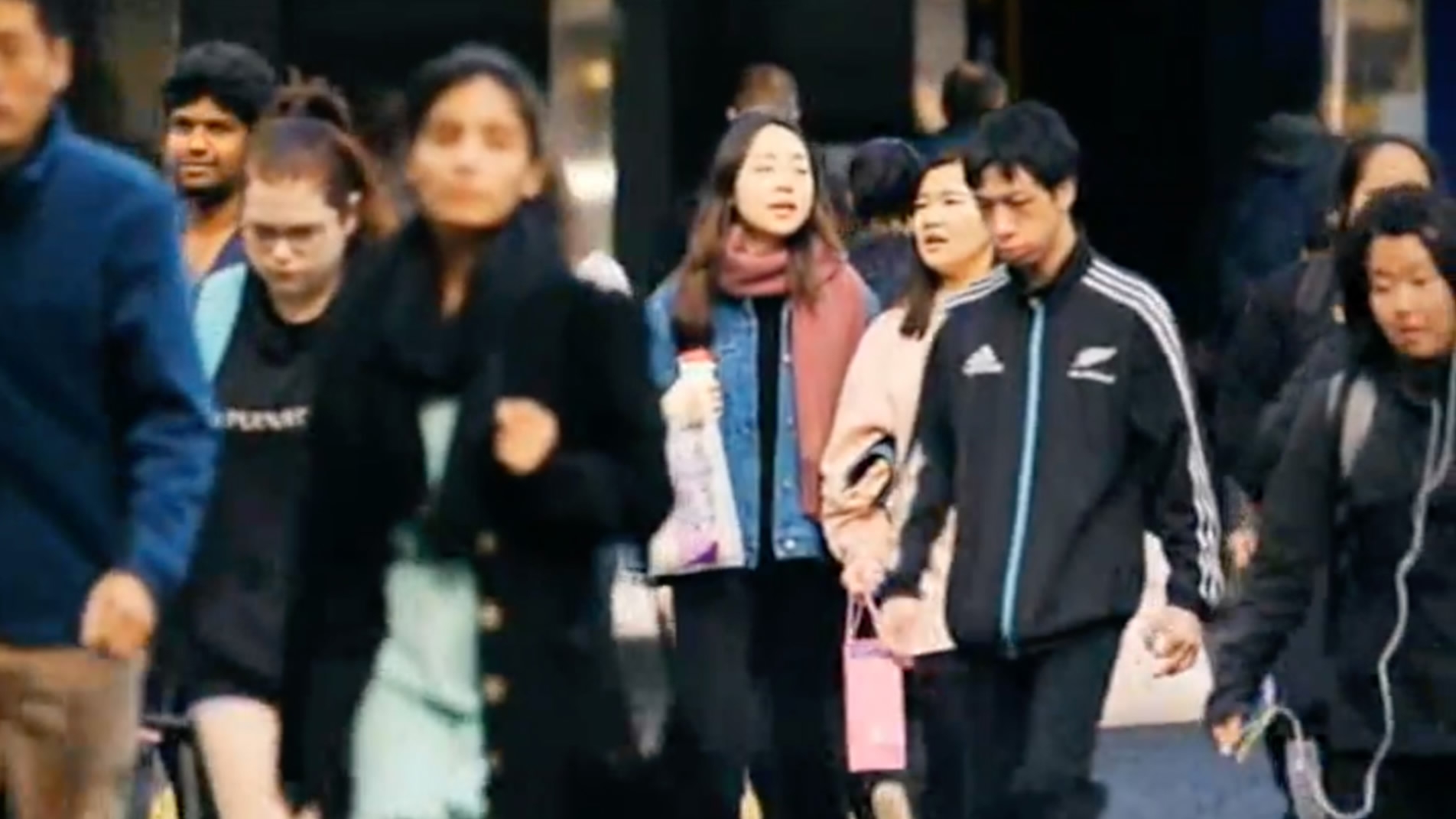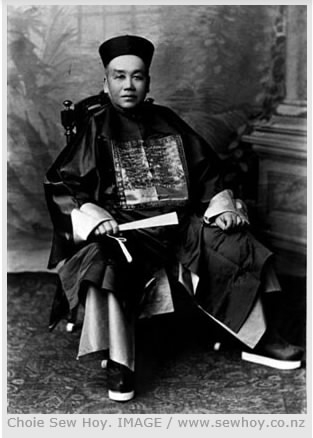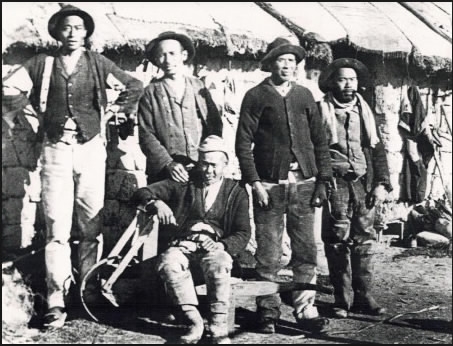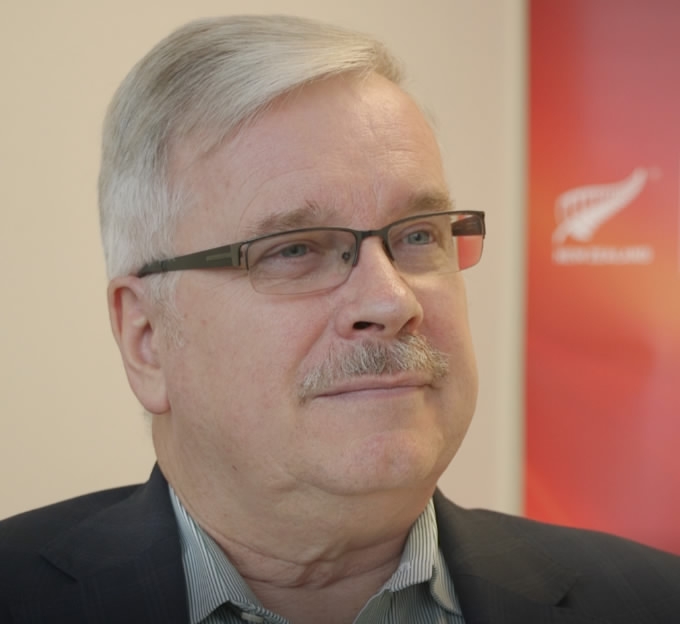
China
15:13, 11-Oct-2017
The Big Picture: New Zealand becomes popular for Chinese migrants
CGTN's Owen Poland

New Zealand has been a popular destination for Chinese migrants ever since thousands of miners, mainly from Guangdong Province in south China, joined the South Island gold rush in the late 1800s.
Choie Sew Hoy was one of many who stayed on to create a new life as a Chinese New Zealander.

Choie Sew Hoy was inducted into the New Zealand Business Hall of Fame in recognition of his contribution as a gold miner, merchant and entrepreneur. /Photo from sewhoy.co.nz
Choie Sew Hoy was inducted into the New Zealand Business Hall of Fame in recognition of his contribution as a gold miner, merchant and entrepreneur. /Photo from sewhoy.co.nz
As a prominent leader of Otago's mining industry and the designer of the world famous Sew Hoy dredge, he was inducted into the New Zealand Business Hall of Fame in recognition of his contribution as a gold miner, merchant and entrepreneur.
The influence of those early Chinese settlers is still being felt down the generations.
“Migrants from China are really really important to New Zealand’s economic success," the distinguished professor from Massey University, Paul Spoonley said.
If you look at what’s happened around the regions of New Zealand, he said, “you’ll see quite a few Chinese mayors, or Chinese doctors, or senior professionals who play an important leadership role in their communities.”

Thousands of Chinese miners joined the South Island Gold Rush in the late 1800s. /Photo from Otago Goldfields Mining Centre
Thousands of Chinese miners joined the South Island Gold Rush in the late 1800s. /Photo from Otago Goldfields Mining Centre
Knight Hou is typical of the new generation of Chinese New Zealanders who came for a university education and never left.
“I definitely see myself as a New Zealander and this is home now,” he said.
“I love New Zealand and its natural beauty. There are many things I can do here, for example surfing, that I couldn’t really do from my home town in China.”

Knight Hou, Senior Customer Portfolio Manager of SPARK, New Zealand. /CGTN Photo
Knight Hou, Senior Customer Portfolio Manager of SPARK, New Zealand. /CGTN Photo
With a postgraduate diploma in business from the University of Auckland, Knight has gradually worked his way up the corporate ranks, firstly as a Community Relationship Manager at Air New Zealand, and now as a Senior Customer Portfolio Manager at SPARK – New Zealand’s biggest telecommunications company.
“Having the dual cultural and bilingual ability really gets me a lot of advantage when it comes to building a career and choosing a career path that would suit me,” he said.

Professor Paul Spoonley, Massey University. /Photo from Massey University
Professor Paul Spoonley, Massey University. /Photo from Massey University
China’s loss has been New Zealand’s gain. Professor Spoonley says migrants provide a very important talent pool for New Zealand. “They’re often skilled people, their educational qualifications are higher than the local New Zealanders and they come because we’ve seen potential in them to contribute to New Zealand society and particularly to the New Zealand economy. They are very high value migrants.”
According to the last New Zealand census in 2013, the Chinese New Zealander population stood at 171,000. Despite proposed restrictions on migrant numbers by the New Zealand government, the number is forecast to increase to around 500,000 by 2038.

Stephen Jacobi, New Zealand China Council Executive Director. /CGTN Photo
Stephen Jacobi, New Zealand China Council Executive Director. /CGTN Photo
“There are a lot of smart Chinese people who are wanting to come and live in New Zealand to take advantage of our unique society and our beautiful environment," China New Zealand Council executive director Stephen Jacobi said.
“And they make a contribution to our country when they can help us do better globally," he added.
10892km

SITEMAP
Copyright © 2018 CGTN. Beijing ICP prepared NO.16065310-3
Copyright © 2018 CGTN. Beijing ICP prepared NO.16065310-3